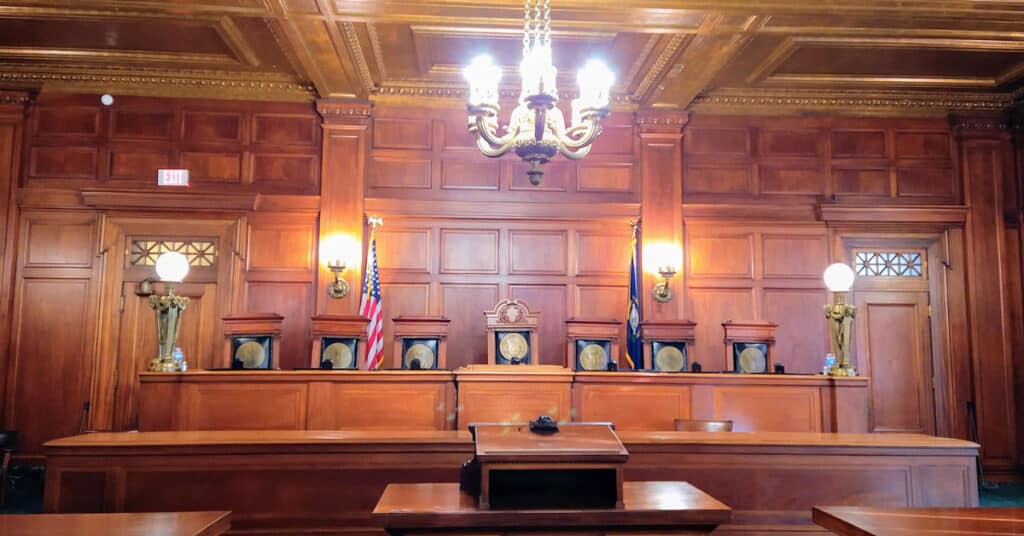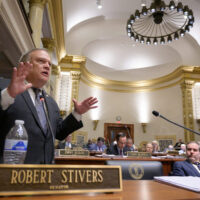The Kentucky Supreme Court has ruled that the state’s new tax credit scholarship program is unconstitutional. All seven justices on the bench concurred, upholding the Franklin Circuit Court’s earlier ruling on the issue.

The justices’ ruling is a major win for advocates of public education and a blow to those who support school privatization. The school tax credit scholarship program sends would-be tax dollars to private schools and allows donors to contribute to a private school scholarship fund in lieu of paying state taxes.
“After a thorough review, we conclude the EOA Act violates Section 184 and, consequently, affirm the circuit court’s holding that the statute is unconstitutional. With this conclusion, the remaining constitutional challenges to the EOA Act are rendered moot,” the ruling read, in part.
The GOP-led General Assembly passed the tax credit scholarship program by slim margins in 2021. Also known as the Education Opportunity Account program (EOA Act), the law allowed individuals and corporations to donate to a scholarship fund and receive a tax credit of up to 97% in return.
Middle-income and low-income families could then apply to use scholarship funds to pay for educational expenses, including private school tuition in the state’s eight most populous counties.
The $125 million program never got off the ground because it almost immediately became the subject of a legal challenge from the Council for Better Education. A lower court judge sided with CBE in October 2021, ruling that the program was unconstitutional.
Circuit Court Judge Phillip Shepherd pointed to a provision in Kentucky’s Constitution, which reads, “No sum shall be raised or collected for education other than in common schools until the question of taxation is submitted to the legal voters.”
Advocates for the program appealed that ruling to the state’s highest court, arguing that the program is funded by donations, not taxpayer dollars. The case drew in high-profile Virginia-based Institute for Justice as an intervening plaintiff. The libertarian think tank has successfully defended other states’ programs designed to support private schools, including the landmark Espinoza U.S. Supreme Court decision in 2020.
This story is republished wither permission from WKYU. Read the original article here.






